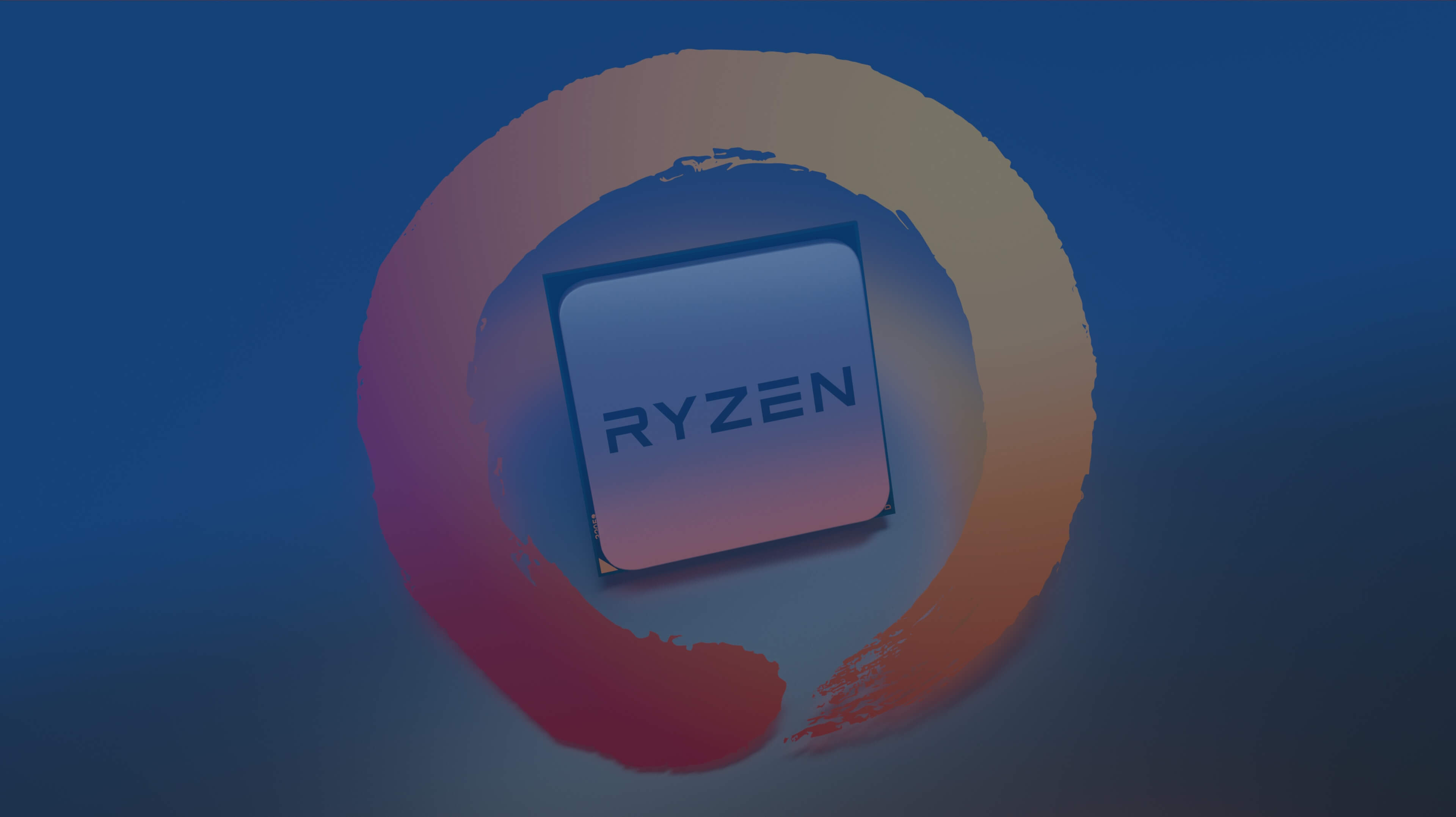Battlefield, F1 2016, Total War, Grand Theft Auto V

Yet more interesting results emerged from Battlefield 1's benchmarks, in which the 1800X was 8% slower than the 6900K's average result and 10% slower when measuring the minimum fps. Disabling SMT didn't impact the average frame rate but the minimum was oddly 23% lower on the 1800X.

Moving to 1440p, the 1800X and 1700X look competitive as they roughly match the 7700K and 6900K.

F1 2016 runs better with SMT disabled, showing a 7% boost for the average frame rate and a massive 16% increase for the minimum. With SMT disabled the 1800X is roughly on par with the 5960X and just 7% slower than the 6900K.

Disabling SMT at 1440p reduces performance slightly while the stock 1800X was on par with Intel's 6900K.

Although the Ryzen processors look weak in Total War: Warhammer, this is clearly a game that doesn't require more than four cores as demonstrated by the Core i5 versus 6900K results. That being the case, it's not surprising to find that disabling SMT leads to considerable performance gains in this title. In fact, with SMT disabled the 1800X pulls ahead of the 6900K, whereas it was 8% slower out of the box.

At 1440p the results between Broadwell-E and Ryzen are much the same. With the extra GPU load the Skylake and Kaby Lake processors don't enjoy quite the same lead they did at 1080p.

Again, AMD's new CPUs look average at 1080p compared to the 6900K and of course the Core i5 and Core i7 Kaby Lake parts. Ryzen was faster in Grand Theft Auto V with SMT disabled, but the gains weren't big enough to better their position.

At 1440p Ryzen looks more competitive and with SMT disabled the 1800X roughly matched the 6900K.
